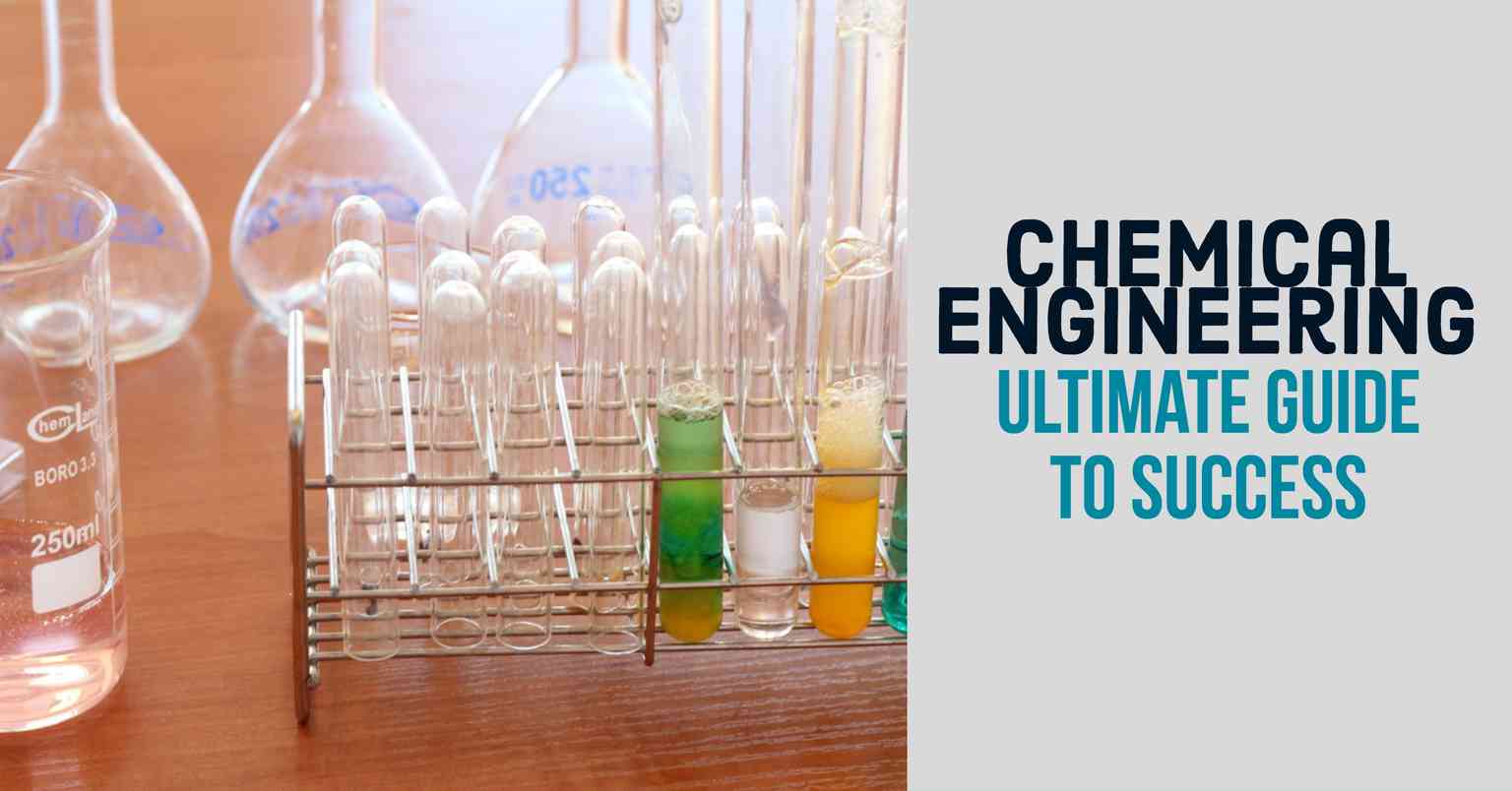

Chemical engineering Course Overview
Chemical engineering combines chemistry and engineering to find the most economical and effective methods to convert raw materials into energy, food and other useful products. It also involves the design and operation of machinery used in industrial production processes.
You will also be introduced to safety and environment issues, as chemical engineers are responsible for designs and processes that are economically viable, safe and not harmful to the environment.
What will you study?
Besides chemistry, you'll study a lot of physics and mathematics. Chemistry studies involve changes in the composition and nature of matter and its properties, while the physics component involves studying forces that act on matter. The maths component studies the mathematical relationships between matter and its forces.
Core subjects
Analysis of non-linear systems (stability, bifurcation and continuation); chemical engineering thermodynamics; chemical, polymer, biomedical and electronic materials processing; conversion and transformation processes; diffusion and mass transfer; materials and containment; mathematical methods of chemical engineering analysis; process dynamics and control; reaction kinetics and reactor design.
Typical course duration
A degree in chemical engineering will take at least three years to complete.
Prerequisites
Prior study of and good grades in chemistry, physics and mathematics are required.
What do graduates do?
Chemical engineering graduates usually work in research and development firms, manufacturing plants (oil and gas, paper, electronics etc) and consultancies.